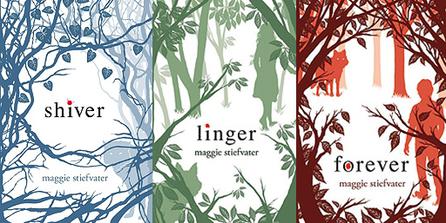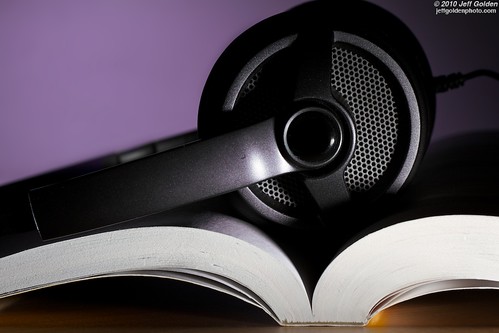Confession: I kinda forgot that I made reading and writing resolutions for 2016, at least in an official way. But that doesn’t mean I didn’t make some progress! Some recaps from 2016 reading and reading
1. Finish book series I’ve started: I did manage to get through a few series that I’d  started, including Dairy Queen, the Wolves of Mercy Falls, and Daughter of Smoke and Bone. I still have some series hanging out there, but at least I didn’t start a bunch more series that I couldn’t finish.
started, including Dairy Queen, the Wolves of Mercy Falls, and Daughter of Smoke and Bone. I still have some series hanging out there, but at least I didn’t start a bunch more series that I couldn’t finish.
2. Read a few books for grown-ups: I did read outside of the YA sphere, but they were all non-fiction. I think that counts.
3. Add some non-fiction to the list: Totally nailed this one! I ended up reading way more non-fiction that I’ve read in years.
4. Pick from books already on my shelves: Well, I think I did that once…
 5. Read more, tech less: Oddly enough, I think getting into audiobooks actually helped me reading more while tech-ing.
5. Read more, tech less: Oddly enough, I think getting into audiobooks actually helped me reading more while tech-ing.
6. Finish my current WIP: I did get through a revision of this WIP, but it needs some more work before it goes out and is currently on a break. (Sorry, characters, I still love you.)
7. Complete a new first draft: I ended up completing a new first draft! It’s still way early in the revision process, but I really like this one.
8. Write when I think I don’t have enough time: I definitely could have been better at this. It’s so easy to think that a half hour isn’t enough time, when you can do way more than you think you can.
9. Start outlining new projects: I’m not an outliner, but I did start a spreadsheet of potential projects with notes about what they might include.
How did your 2016 reading and writing go? What were your successes, surprises, and challenges? And what’s on tap for 2017?
Be on the lookout for my 2017 resolutions, hopefully tomorrow!

 I’m always finding connections between running and writing. Recently, I was listening to an episode of the
I’m always finding connections between running and writing. Recently, I was listening to an episode of the  But I also want other writers to be writing the best books possible–the world would totally suck if only one person got to be the best writer, and everyone else wrote meh books. I’d way rather live in a world where I’m always striving to write the best books I can, and in which everyone else is doing the same. We all end up pushing each other and challenging each other and inspiring each other.
But I also want other writers to be writing the best books possible–the world would totally suck if only one person got to be the best writer, and everyone else wrote meh books. I’d way rather live in a world where I’m always striving to write the best books I can, and in which everyone else is doing the same. We all end up pushing each other and challenging each other and inspiring each other.

 started, including Dairy Queen, the Wolves of Mercy Falls, and Daughter of Smoke and Bone. I still have some series hanging out there, but at least I didn’t start a bunch more series that I couldn’t finish.
started, including Dairy Queen, the Wolves of Mercy Falls, and Daughter of Smoke and Bone. I still have some series hanging out there, but at least I didn’t start a bunch more series that I couldn’t finish.

 Essential Maps for the Lost by Deb Caletti
Essential Maps for the Lost by Deb Caletti